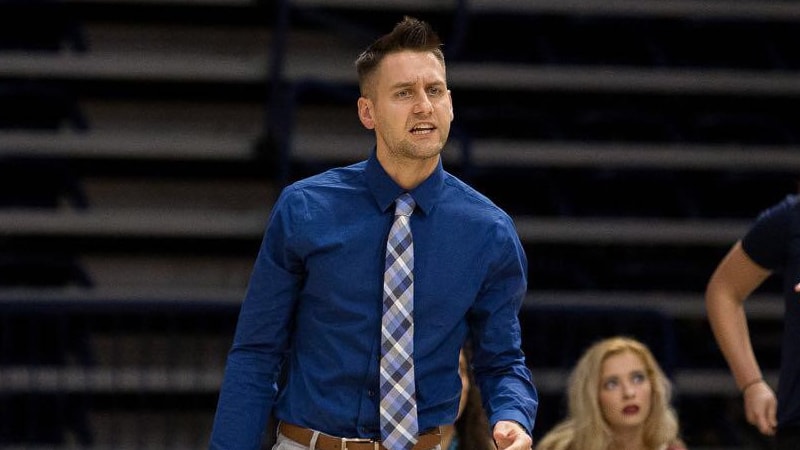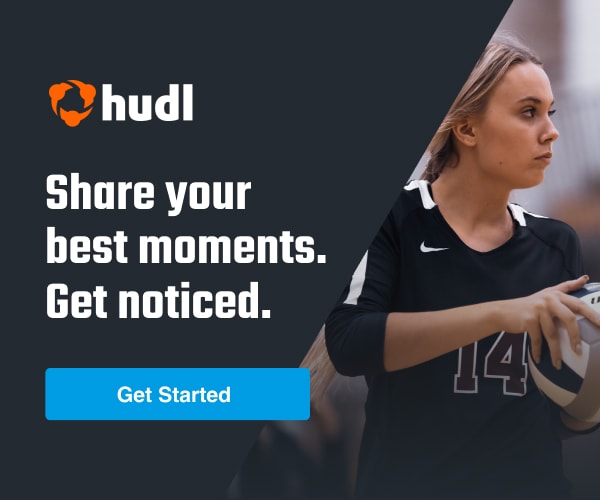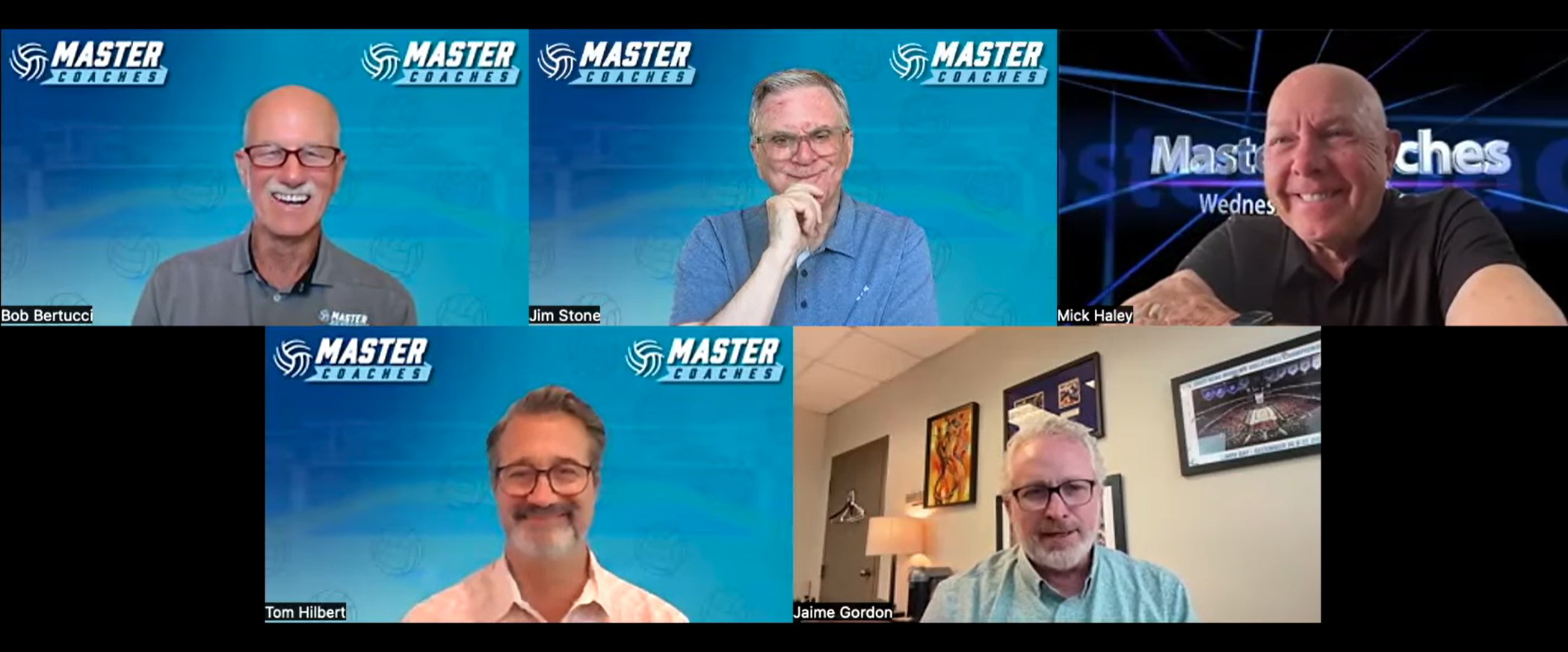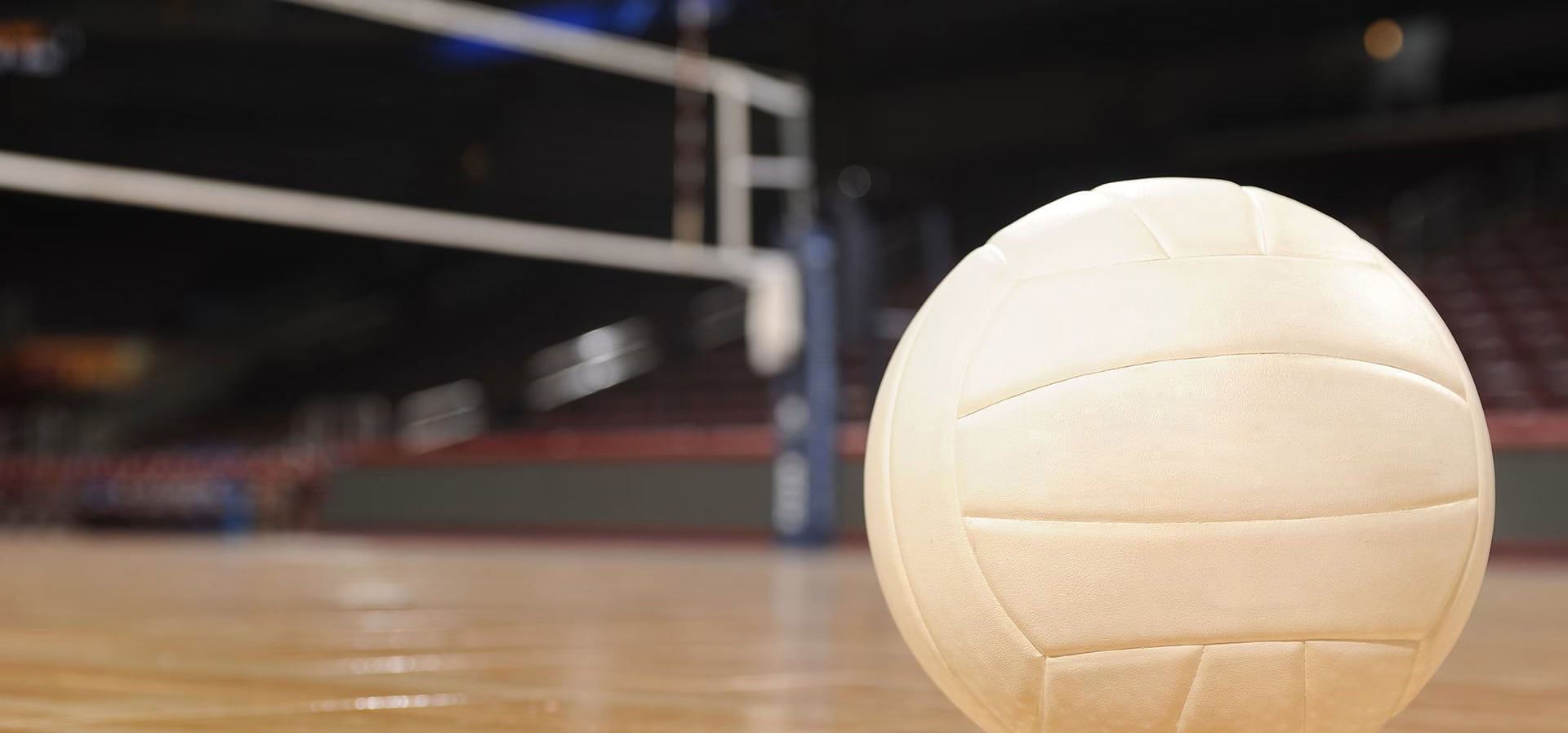By Ben Sabin, Assistant Women’s Volleyball Coach at Samford University
Now that June 15 has arrived and electronic communication has opened up between college coaches and student-athletes heading into their junior year, it can be difficult navigating what comes next. It is important for both groups know how to continue the recruiting process once conversations have begun and connections are established. Here are some details for prospective student-athletes to remember as they go through junior year.
One of the most important things for you to remember is that there is no blueprint for a PSA’s recruiting process. Everyone’s journey will be different and unique to each athlete’s needs. Finding the perfect school may happen quickly, and other times may take a whole year or more. There are many athletes that will not find a university that fits them until the summer prior to, or during, their senior year—when the next class is starting their recruiting conversations. Take your time to find a school that fits you and your needs, and remember, it is not a race.
Decide what timeline best fits you. With so many changing variables this can be difficult at times, especially as new schools come in and out of the picture. It is sometimes best to formulate a desired date you hope to commit by, which can help push you along and also provide some clarity to the college coaches expressing interest. Being open to this journey and having a little flexible to your timeline will help make the process less stressful.
Maintain strong communication with the schools you are interested in. Communication is very important when building relationships with college coaches. It can be thrilling talking to coaches for the first time in June, however, that excitement may not last forever. After evaluating which coaches and universities may be good fits, check back in when new questions arise or if something changes on your end. Coaches love updates and honesty, even when it is not always good news.
Expect new coaches to come on your radar. As they do, be sure to be honest with them on where you are at and if you are open to their program. As you begin to narrow down your list, make sure to inform everyone who has reached out and invested time in you. Not only does it help you, it lets them move on as well, if needed.
Decide if you want to attend summer camps or clinics. This is one area you may need to act quickly on as summer is already here. Camps are a great way to meet and see coaches in action, interact with them through training sessions, meet current players, and tour campuses before you can begin taking official and unofficial visits Aug. 1. Some camps may fill up quick, so it is best to ask if coming to camp is a good option early in your communication. Avoid spreading yourself too thin; attending too many camps in one summer can become exhausting.
Once Aug. 1 comes around, in-person recruiting conversations become permissible and you will be able to go on official and unofficial visits. Per NCAA regulations, you will only be allowed to take five official visits to Division I schools—one per school—prior to graduating. Since you are able to make as many unofficial visits as you wish, you will need to prioritize which ones will be important to you then communicate with coaches whether you are making an official and unofficial visit. Depending on the timeline you establish, plan and start organizing dates that work into your school, volleyball, and family’s schedule.
Before going on any official visits, there is a bit of advance prep work required. First, you will need to register for a Certification Account with the NCAA Eligibility Center to receive an NCAA ID number, which you’ll give to the coach of the schools you plan on visiting. You will also want to send the admissions office your transcript and test scores and have the coach add you to the Institutional Request List.
It is a good idea to stay up to date with any new film. The fall high school season can sometimes prove to be difficult time to acquire new film, and if you do get the opportunity to obtain some new video, let the coaches you are in communication with know so they can check your progress. You do not need to do this after every match, but it is good to get some film out once a month or so, if possible.
You should make sure to get help. Recruiting coordinators are generally very knowledgeable about and helpful with the recruiting process, and most will be able to help you through each step on your way to choosing the right school. Older athletes, who can share about their journey, can also be a great resource.
Recruiting can be quite a process. As long as you stay on top of everything and keep communication open, being recruited can be fun and enjoyable, as opposed to overwhelming or stressful. Take your time, do your research, visit your schools, and find the place that fits you; you will know when you find the right school.







